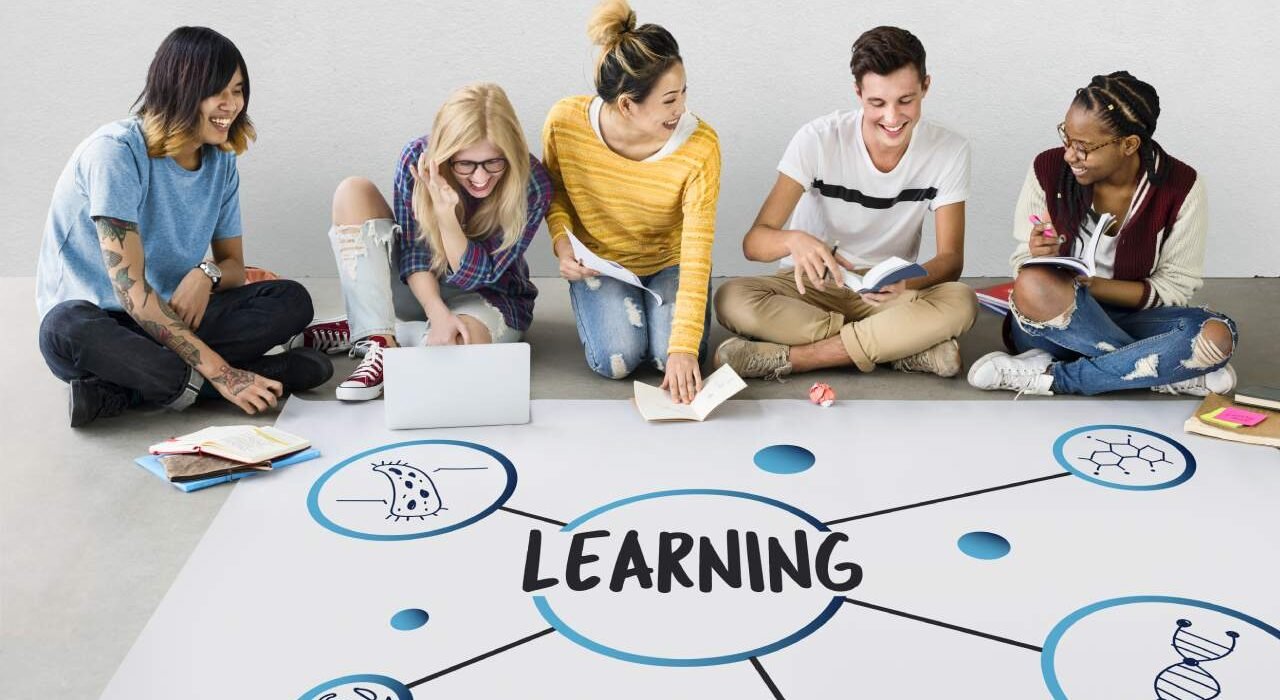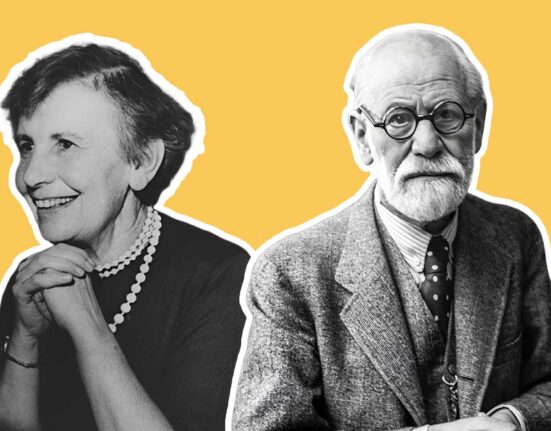According to Charles. E. Skinner, “Educational psychology deals with the behaviour of human beings in educational situations”. It’s the branch that deals with how individuals learn and develop their skills in educational settings. It involves the application of psychological principles in the field of education. Education moulds and shapes the behaviour of the pupil. The goal is for him to experience positive changes that will contribute to his overall personal growth. An educational psychologist’s job is somewhat similar to that of a technical expert engineer. They provides all the expertise needed to do a task satisfactorily, like building a tower.
Importance of Educational Psychology in the Learning Process
By understanding the way students acquire knowledge, educational psychologist’s are able to design more effective teaching strategies. It helps educators recognize the process of learning. Children are predominantly in need of distinct various learning methods that will help boost their academic capabilities, educational psychologists play a crucial role here. The learning styles, types of learning, etc are used to curate the best learning strategies.
Also Read: Classroom Dynamics for Enhanced Teaching and Learning
Pioneers in Educational Psychology
Edward L Thorndike is widely known as the father of modern educational psychology. His theory, ‘law of effect’ is quiet famous. It states that the behaviour, which follows positive outcomes, are more likely to happen again. He also exhibited that the speed of learning declines with age, not the power of learning. He reiterated rewards as a much more effective motivator than punishment.
Thorndike’s famous contributions involves his exemplary puzzle box experiment. He observed the trial-and-error learning process through these experiments. Thorndike studied the transmission of learning and emphasized the value of past knowledge. This idea is revolutionary in terms of comprehending how students might apply what they have learnt in one environment to another. His theories significantly influenced the field of education. His work also signaled a shift in educational philosophy away from a subject-matter focus and toward an understanding and application of learning principles.
Scope of Educational Psychology
Generally speaking, educational psychology has a vast reach, just like any other topic. To enhance the overall learning experience, these psychologists administer psychological principles to address challenges in education. Let’s dig a little into the various learning theories of behaviorism, cognitivism and constructivism.
Also Read: Tailored Learning: How Special Education Transforms Lives
Behaviorism
I. Mainly focuses on observable behaviors
II. The likelihood of behaviour is influenced by the consequences of behavior, such as reward or punishment.
III. Behaviorists frequently use positive reinforcement to encourage useful behaviors.
Cognitivism
I. The internal mental processes are the main focus of the shift.
II. Involves the process of encoding, storage and retrieval.
III. Metacognitive strategies are taught to pupils.
Constructivism
I. By actively engaging with their environment learners construct knowledge.
II. Emphasizes role of social relations and collaboration.
III. Accentuates on project based learning.
AI and Education
Education is just one of the many fields that artificial intelligence (AI) is changing. Educators are increasingly using synthetic intelligence to improve learning outcomes as the academic environment evolves.
AI is transforming multiple industries, including education. As the academic landscape evolves, more educators are utilizing synthetic intelligence technologies to improve student learning outcomes. AI has made significant advances in the vital field of instructional psychology. Combining educational psychology and artificial intelligence can assist teachers in better understanding student needs, adapting courses, and providing individualized learning experiences.
Also Read: Let’s Talk About the Cognitive Psychology Of Learning And Education
Educational psychology studies student behavior and the elements that influence their learning experiences. Previously, teachers relied primarily on standardized tests to judge student progress.
Learning Experiences
Educational psychology seeks to tailor character learning experiences for each student. Artificial intelligence might help do this. Synthetic intelligence systems can help teachers modify by gathering information about individual students’ study preferences, methods, and progress. Adaptive learning frameworks powered by artificial intelligence can increase student engagement and learning results by tailoring instruction, speed, and material to each student’s ability.
Intelligent coaching structures are instances of synthetic intelligence applied to instructional psychology. These programs employ gadget-based learning algorithms to give tailored instruction and feedback to students. The computer can assess student replies to discover misunderstandings, offer targeted interventions, and tailor educational methods for character studies. Intelligent tutoring gives students with immediate feedback, encouraging self-regulation and developing metacognitive abilities.
Also Read: VARK Model: Exploring The Learning Styles
Educational psychology is crucial for optimizing learning and growth by analyzing cognitive, social, and emotional processes.Using psychological principles and ideas, teachers can create inclusive learning environments, tailor instruction to the needs of each student, and foster individual motivation. Psychologists also help to create effective exams and interventions for children’s academic progress. Finally, psychology improves educational environments and provides students with the tools they need to attain their full potential.
References+
https://medium.com/@snehaaaa5252/how-educational-psychology-supports-students-learning-ae00c48b9d65
https://medium.com/@snehaaaa5252/advantages-of-education-psychology-6cb32fb99dc7
https://www.1training.org/what-is-educational-psychology-and-its-importance/
https://johnparankimalil.wordpress.com/2012/03/09/meaning-nature-and-scope-of-educational-psychology/













Leave feedback about this